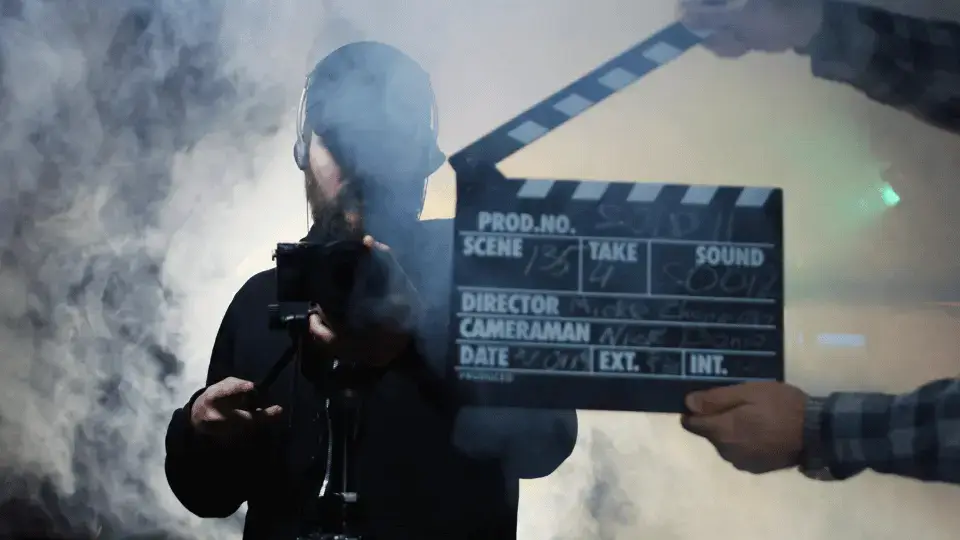Television is a ubiquitous part of modern life, and the people who work behind the scenes to bring programs to our screens are often overlooked. One such role is that of the TV broadcast engineer, who is responsible for ensuring that the technical aspects of a broadcast run smoothly. In this article, we’ll explore what it takes to become a successful TV broadcast engineer, including the key skills and education required, as well as the career prospects in this field.
What is a TV Broadcast Engineer?
A TV broadcast engineer is responsible for the technical aspects of a TV broadcast. This includes the equipment used to capture, transmit, and display the images and sound, as well as the systems used to control and monitor these processes. The broadcast engineer works closely with other members of the production team to ensure that the final product meets the technical standards required for broadcast.
Key Skills for TV Broadcast Engineers:
- Knowledge of video and audio equipment: This includes cameras, microphones, mixing consoles, and other equipment used to capture and manipulate audio and video signals.
- Understanding of broadcast standards: TV broadcasts are subject to a range of technical standards, including resolution, aspect ratio, and audio levels. A broadcast engineer needs to be familiar with these standards and how to ensure that they are met.
- Troubleshooting skills: When things go wrong during a live broadcast, a broadcast engineer needs to be able to think quickly and solve technical problems on the fly.
- Attention to detail: The smallest technical glitch can ruin a broadcast, so a broadcast engineer needs to be meticulous and detail-oriented.
- Communication skills: A broadcast engineer needs to be able to communicate effectively with other members of the production team, including directors, producers, and camera operators.
Education and Training for TV Broadcast Engineers:
To become a TV broadcast engineer, you’ll typically need a degree in a related field, such as electrical engineering or broadcast technology. Many universities and colleges offer programs that focus specifically on broadcast engineering, which can provide you with the technical skills and knowledge needed to succeed in this field.
In addition to formal education, it’s important to gain practical experience in broadcast engineering. This can be done through internships or entry-level positions at TV stations or production companies. By working alongside experienced broadcast engineers, you can learn the practical skills needed to succeed in this field.
Career Prospects for TV Broadcast Engineers:
The job outlook for TV broadcast engineers is generally positive. The Bureau of Labor Statistics (BLS) predicts that employment in this field will grow by 8% between 2019 and 2029, which is faster than the average for all occupations. However, competition for jobs in this field can be fierce, especially in larger markets.
Salaries for TV broadcast engineers vary depending on a range of factors, including experience, location, and the size of the TV station or production company. According to the BLS, the median annual wage for broadcast and sound engineering technicians was $45,510 as of May 2019.
Key Takeaways
Becoming a successful TV broadcast engineer requires a combination of technical skills, education, and practical experience. To succeed in this field, you’ll need to be knowledgeable about video and audio equipment, familiar with broadcast standards, and able to troubleshoot technical problems quickly. A degree in a related field, such as electrical engineering or broadcast technology, is typically required, as well as practical experience gained through internships or entry-level positions.
If you’re interested in pursuing a career as a TV broadcast engineer, consider taking the NYU Film and TV Industry Essentials online course and certificate program. This program provides a comprehensive overview of the film and TV industry, including the technical aspects of TV broadcasting. By completing this program, you’ll gain the skills and knowledge needed to succeed in this exciting and challenging field.




